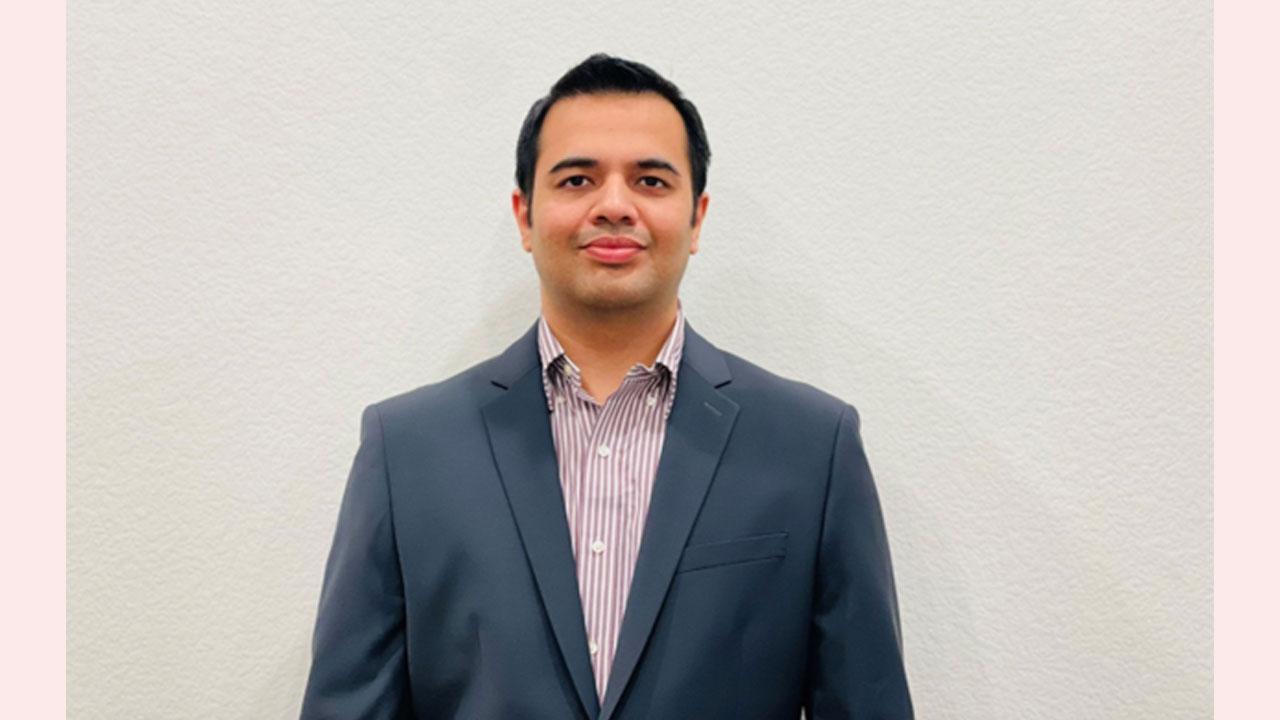Darshak Sanghavi has been a pivotal figure in advancing the capabilities of Universal OS, particularly in developing cross-platform solutions that cater.

Darshak Sanghavi
As technology evolves at a rapid pace, software development has seen tremendous shifts toward creating systems that can seamlessly integrate with various devices and platforms. One of the most exciting innovations in this space is the development of Universal Operating Systems (Universal OS), designed to function consistently across a wide range of devices, from smartphones to desktop computers to IoT devices. By creating software environments that work on multiple platforms without the need for extensive modifications, Universal OS platforms simplify the development process, reduce costs, and ensure a cohesive user experience across diverse technologies. The potential of these systems to enable device convergence is rapidly transforming industries, from personal computing to connected homes and workplaces.
Darshak Sanghavi has been a pivotal figure in advancing the capabilities of Universal OS, particularly in developing cross-platform solutions that cater to a wide range of hardware. His role has been instrumental in shaping platforms that enable developers to build applications once and deploy them across devices with minimal adjustments. As someone deeply involved in the creation of an OperatingSystem he contributed to a versatile, scalable solution that powers a variety of devices, from Tablets and TVs toStreaming Media Players and Soundbars. “The key to success in this field is making sure that the experience remains smooth for the end user, regardless of the device they are using,” he explains, emphasizing his commitment to creating a seamless interface across platforms.
The work on Operating Systems exemplifies his expertise in overcoming the challenges of developing an operating system that works across such a broad array of devices. “Integrating Android’s latest features into an Operating System’s ecosystem was one of my key responsibilities,” he shares. This work required a deep understanding of both Android’s capabilities and the Operating System’s specific constraints, ensuring that the features were compatible and delivered a high-quality experience on each device. Furthermore, he focused heavily on performance optimization, tackling the complexities of running an OS on devices with varying hardware capabilities. “Ensuring that the OS runs smoothly on both high-end and lower-powered devices is a continual challenge, but it’s critical for providing a consistent user experience,” he adds.
In addition to his technical contributions, his work highlights the importance of collaboration in the development of Universal OS platforms. He worked closely with both software and hardware engineers to fine-tune performance optimizations, ensuring that the Operating System made the best use of the available resources across different devices. “It is a balancing act between performance, usability, and cross-platform compatibility,” he reflects, noting that maintaining this balance is crucial for the success of a Universal OS. The challenge of managing hardware diversity while delivering high performance is something he mastered through meticulous planning and close teamwork.
Darshak’s contributions also extend to understanding the broader implications of Universal OS technology, particularly in the way it enhances user experience. One of the most compelling advantages of Universal OS is its ability to provide continuity across devices. Whether it be applications, settings, or notifications, users benefit from a consistent interface no matter what device they switch to. “The power of Universal OS lies in the consistency it offers to users. Whether they’re on a phone, tablet, or TV, the experience should be seamless and intuitive,” he emphasizes, pointing out how this continuity not only improves the user experience but also enhances customer loyalty and engagement.
As Universal OS technology continues to advance, he sees the next frontier in the integration of AI and machine learning into these systems. These technologies will enable more intelligent performance optimizations, automated risk analysis, and further customization for different devices. “The future of Universal OS is exciting,” he says, envisioning a world where these operating systems become even more adaptable and efficient, ensuring a smoother user experience across an increasingly connected world. With professionals like Darshak leading the way, the potential for Universal OS to revolutionize how we interact with technology is only growing, offering a glimpse into a future of seamless, cross-platform connectivity that is smarter, faster, and more intuitive.
Through his contributions to the broader Universal OS landscape, Darshak Sanghavi has positioned himself as a key player in this transformative field. His focus on performance optimization, cross-platform compatibility, and user experience continues to shape the evolution of operating systems designed for the future. With a deep understanding of the technical, strategic, and user-centric aspects of Universal OS, Darshak’s work serves as a cornerstone for future innovations that will connect devices, applications, and ecosystems in ways that were once unimaginable.
 Subscribe today by clicking the link and stay updated with the latest news!" Click here!
Subscribe today by clicking the link and stay updated with the latest news!" Click here!








